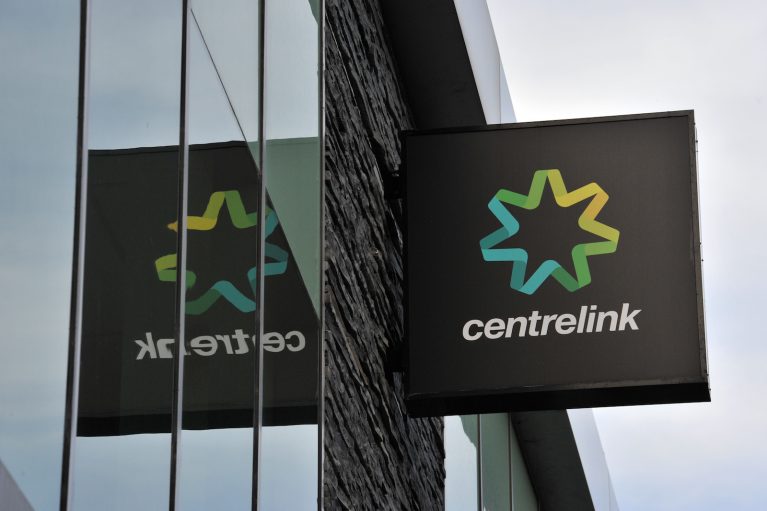There was drama in the upper house last Thursday night as angry Greens and crossbench senators fought against new cost-saving measures that the Coalition government was trying to pass.
The ‘Omnibus’ bill includes 20 budget cuts including areas such as climate change and family benefits.
The Greens accused the government of trying to disguise important legislation by lumping it all together in one bill and giving it a boring title that nobody would pay much attention to. Well, we’re all looking now!
The bill was subject to six hours of debate last Thursday night before it was finally approved just before midnight.
With so many changes passed in one go, there’s a fair chance you’ll be affected in one or more areas. Overall, the wealthy and big corporations will benefit from tax cuts while the little guys take the hit – all in the name of tackling the nation’s growing debt.
Here are some of the changes you need to know about:
If you have a debt from uni
If you have a HELP debt, you’ll have to start paying it back a little bit sooner.
Under the old rules you started making repayments when your income reached $54,869. As of 2018-19, this threshold will drop to $51,957. You’ll start paying back at 2% but the percentage increases the more you earn.
If you’re a student
The government is scrapping the HECS-HELP Benefit, which pays graduates of some courses to take up related jobs in nursing, science and early childhood education. This takes effect from 1 July 2017.
They’re squeezing more money out of the system by stemming the growth of research grants and other awards for current students. These payments will now increase in line with CPI (Consumer Price Index), offering a less generous rate of growth than the previous system which followed the Higher Education Grants Index (HEGI).
Students relying on the Student Start-up Scholarship to get help with up-front study costs will, as of 1 July 2017, have to apply for a tax-free loan instead of receiving twice-yearly payments of $1000.
If you receive family benefits
Families earning about $80,000 will no longer benefit from the Family Tax Benefit-A end-of-year supplement of up to $726 a year, thanks to Labor’s negotiations for it to be dropped.
The Higher Income Free Threshold will be frozen for a further two years, meaning that higher income earners find their payments cut.
Also frozen is the income test for paid parental leave – this will stay at $150,000 for another three years, reducing the number of families who are eligible.
If you were hoping to get the baby bonus
Sorry, that’s being scrapped too.
The government had planned to instead give eligible families with a youngest child under one year old an extra boost of $1000 a year by increasing the Family Tax Benefit part B. But following negotiations with Labor, that plan has also been dropped.
If you have health concerns
Income cut-offs for the Medicare Levy Surcharge and the Private Health Insurance Rebate won’t be indexed for three years, again meaning the government pockets a bit of extra cash at your expense.
The National Health Performance Authority, which was responsible for checking the performance of public and private hospitals and primary health care organisations, is also facing the chop.
Instead, these duties will lie with the Australian Institute of Health and Welfare and other organisations. Responsibility for the MyHospitals and MyHealthyCommunities websites was also transferred to the AIHW.
If you’re in debt to the government
Welfare recipients who get into debt will have to agree to a repayment arrangement or face interest charges of 9%. They government is also planning to introduce Departure Prohibition Orders to stop these individuals from leaving the country.
Under the old rules, the government stopped pursuing a social welfare debt after six years. Now they’re removing this cut-off so they can keep trying to recover the debts indefinitely.
If you have children
The government is going to start including income from Parental Leave Pay and Dad and Partner Pay when calculating income support payments for children born or adopted from October 1 this year.
There will also be some changes to the way fringe benefits are counted under income tests for family assistance and youth income support payments.
If you’re searching for a job
The Job Commitment Bonus, which was paid to long-term unemployed young people as an encouragement to find and keep work, is being dropped.
18-30 year olds used to receive a bonus of $2,500 for holding down a job for more than a year, followed by a second bonus of $4,000 after the second year of continued employment.
So, sorry to be the bearer of bad news, but if you fall into any of these categories you’d better get ready to feel the pinch.











